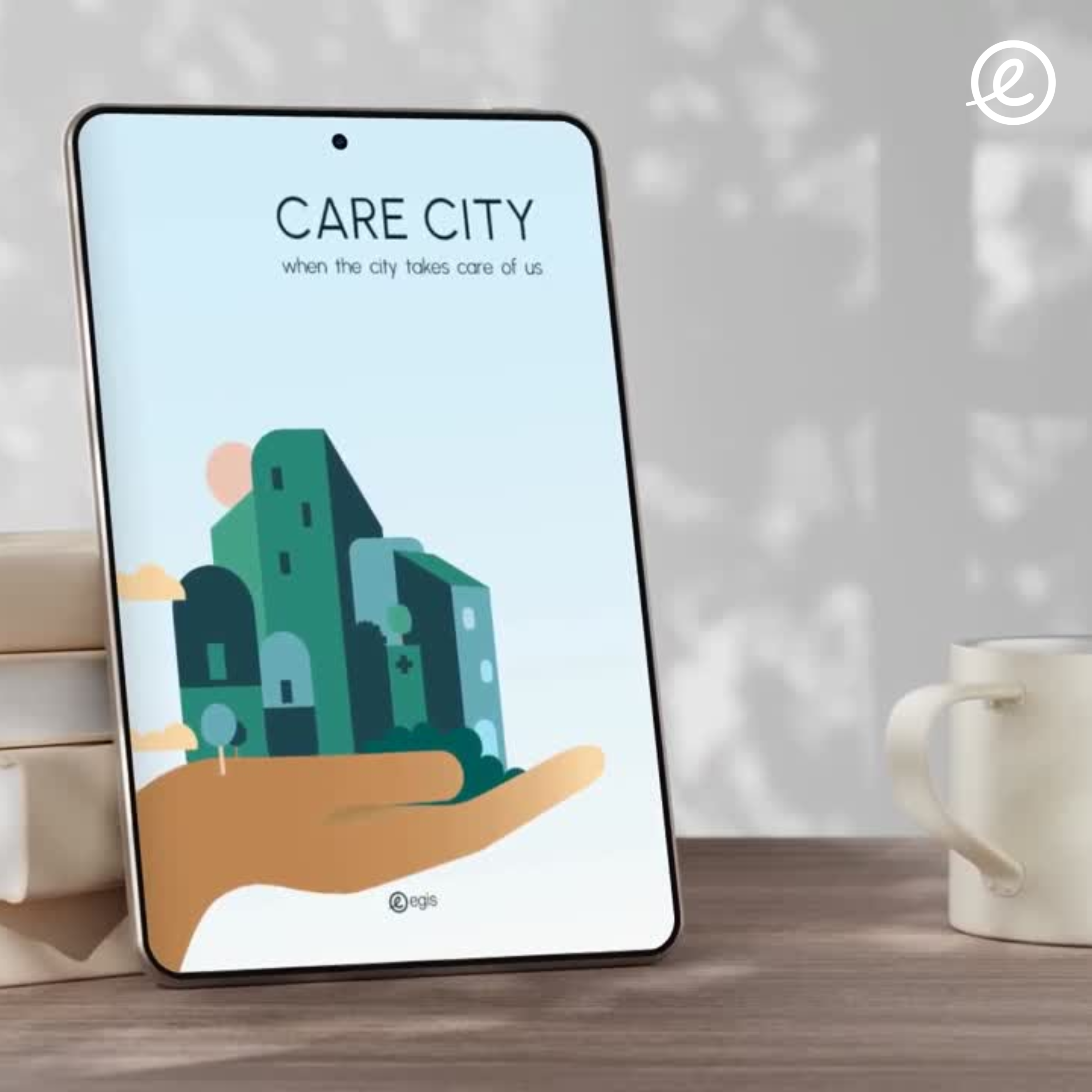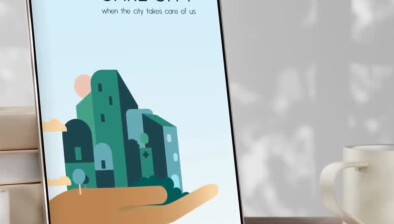White Paper calls for cities to promote residents’ wellbeing

A new white paper is calling for a wide-ranging transformation of cities around the world to promote the wellbeing of residents, prepare for the needs of future generations, and mitigate the risks of future pandemics.
Care City from global consulting, construction engineering, and operating firm Egis outlines strategic solutions to the factors that are restricting cities from facilitating the wellbeing of residents, such as air pollution, noise, lack of green spaces, and social inequalities.
The white paper estimates that 40% of inhabitants of cities with a population of more than 250,000 are exposed to harmful noise levels caused by excessive road traffic. Meanwhile, seven million premature deaths per year are attributed to air pollution.
Strategies to avert these issues include the erection of noise barriers, enhanced sound insulation during a building’s construction, and the continued implementation of active transport infrastructure that ensure safe mobility and minimise conflict with other modes of transport. Egis is helping administrations to achieve the latter through traffic circulation plans, pedestrian walkways, and collective transport network interfaces.
A specific example raised in the white paper was a case study in Lille, France. Last year, Egis was tasked with creating a balanced noise environment in the region’s Concorde district. Through active listening in the form of a sound mapping study, Egis provided a physical redevelopment of the neighbourhood to reflect the residents’ needs and preferences. This resulted in a reduction in noise issues and an improvement in the overall noise environment.
Francois-Xavier Basselot, managing director, energy & sustainable cities – Europe & Africa at Egis, said: “Today, more than ever, it is essential to rethink our urban spaces so that they take care of us. The risks of a new pandemic remain and are only being exacerbated by the rapid urbanisation of cities, which affects our health in the process.
“Our latest white paper isn’t just about preventing disease in cities; it’s about rethinking our urban areas so that they become places of well-being. We are encouraging urban planners, engineers, architects, and health professionals to closely collaborate in taking an innovative, holistic approach to preparing cities for generations to come.”
The white paper also recommends the off-site prefabrication of elements used in the construction of healthcare facilities. This would minimise the inconveniences typically associated with urban construction sites, acting as an effective and sustainable method of modernising hospitals and healthcare infrastructure.
Prefabrication in extra-urban locations would reduce road traffic, lower levels of urban pollution, less waste on site, and fewer accidents owing to serial production processes. This would result in improved air quality, better driving conditions, and an efficient management of the natural resources necessary for construction.
Francois-Xavier added: “Health can be a lever for transforming our cities. From innovative healthcare infrastructure to sustainable mobility and air quality improvements, administrations across the world are already rolling out initiatives and projects that underscore a commitment to developing a healthier city.
“Care City provides best practice guidance and strategies to those who are also ready to place the health and well-being of residents at the heart of every urban decision.”





















